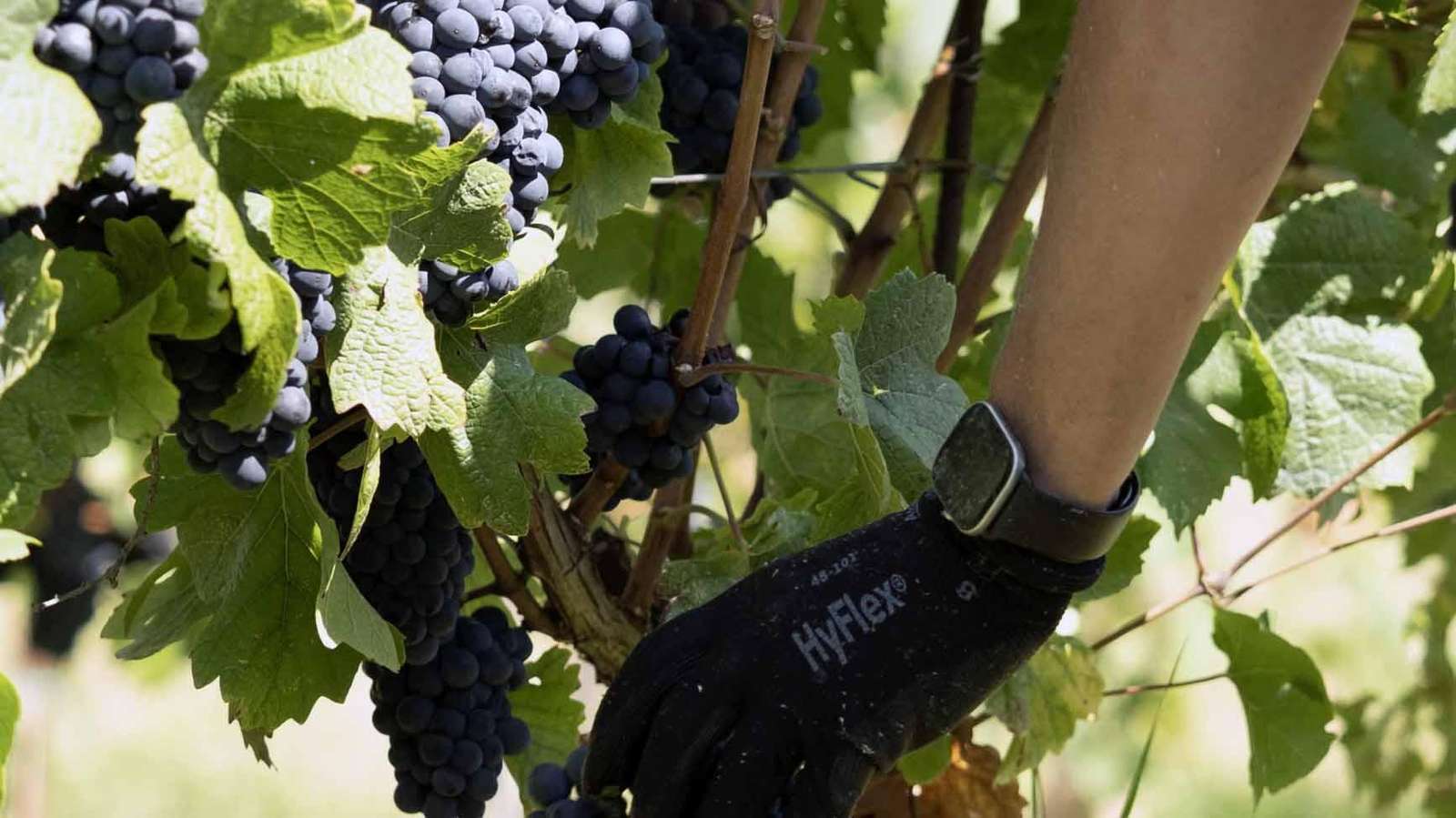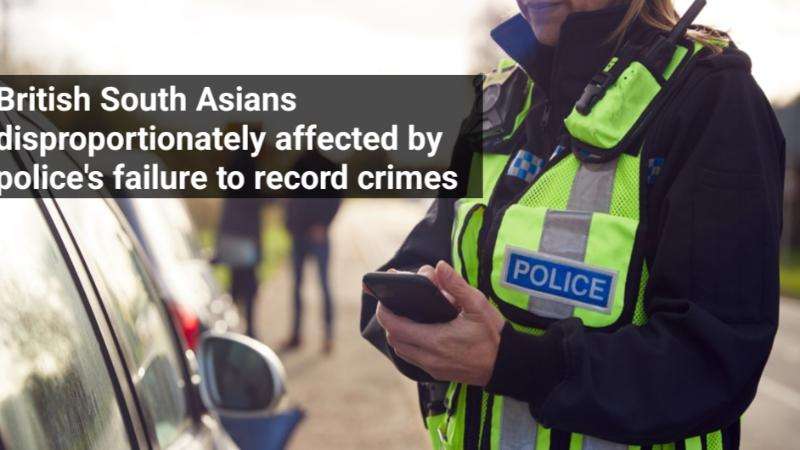The headteacher dubbed "Britain's strictest," Katharine Birbalsingh of Michaela Community School, has ignited a fierce debate within the education sector, claiming that a pervasive "white guilt" is the driving force behind an escalating push for diversity initiatives in schools. Her controversial remarks suggest that such efforts often detract from academic rigour and a sense of shared national identity.
Speaking at a conference for the Family Education Trust over the weekend, Ms. Birbalsingh, 52, did not mince words, asserting that schools are doing "the wrong thing" by segmenting children into ethnic, religious, or LGBT+ groups. Instead of "diversity days" featuring different foods and cultural displays, she argued, pupils should be immersed in learning algebra.
"I am the most diverse person you’ll ever find in terms of my background," Ms. Birbalsingh stated, underscoring her own multicultural heritage. "But the fact is that there’s nothing unifying the school. If there are no values that everyone buys into, whatever their background, whatever their religion, then there’s nothing to hold them together." She emphasized the importance of instilling a sense of belonging to one's country, a feeling she believes is being eroded by current trends.
Highlighting what she views as a misguided shift in curriculum, Ms. Birbalsingh cited an unnamed London school that she claimed "abandoned all Shakespeare" in favour of focusing on "the great works" of Panti Bliss, an Irish drag queen and gay rights activist. "Why are they not learning algebra? That’s what I’d like to know," she questioned, expressing concern over what she perceives as a deprioritization of fundamental subjects.
Her comments have resonated with many British Muslim, British South Asian, British Bangladeshi, British Pakistani, and British Indian parents who, while valuing cultural representation and inclusivity, often express concerns about the balance between celebrating diversity and maintaining high academic standards. Some parents from these communities fear that an overemphasis on identity politics could dilute the core curriculum, potentially disadvantaging their children in a competitive academic and professional landscape. They often prioritize strong foundational knowledge in subjects like mathematics, sciences, and English language and literature, viewing these as essential for future success.
"It's important for our children to understand their heritage and for schools to be inclusive," remarked a British Pakistani mother from East London, who wished to remain anonymous. "But when you hear about schools dropping Shakespeare for other topics, it makes you wonder if academics are taking a back seat. We want our children to be well-rounded, but also to excel academically."
Similarly, a British Indian father from Birmingham commented, "While diversity days can be fun, the focus should always be on providing the best education possible. Our community values hard work and academic achievement, and we worry that some of these initiatives might be distracting from what truly matters in the classroom."
Ms. Birbalsingh also issued a stark warning regarding the ubiquitous presence of smartphones. She revealed that Michaela Community School has actively discouraged smartphone use, providing "brick" phones (capable only of calls and texts) to pupils. "Anecdotally, I can tell you that at my school the vast majority of the children in the top set, do not have a smartphone," she shared. "I can tell you for nothing that the entire bottom set all have phones. That is not a coincidence and that’s every year." She added that many families, encouraged by the school, choose not to purchase smartphones for their children.
Further criticisms were levelled at the Royal Shakespeare Company (RSC). Ms. Birbalsingh accused the RSC of advising teachers to engage in "critical discussions" about racism and sexism in The Tempest, while also providing resources on "environmental issues." While not against discussing such themes in literature, she questioned how they could be presented as the primary "theme" when studying Shakespeare. She specifically highlighted the RSC's provision of materials encouraging the study of plays like Othello and The Merchant of Venice using "anti-bias and anti-racist methods," suggesting this approach could overshadow the literary and historical significance of the works themselves.
The headteacher's remarks are likely to fuel ongoing debates about the direction of education in Britain, particularly concerning the integration of diversity initiatives, the preservation of academic rigour, and the role of schools in shaping a shared national identity.








.svg)

_2.jpg)